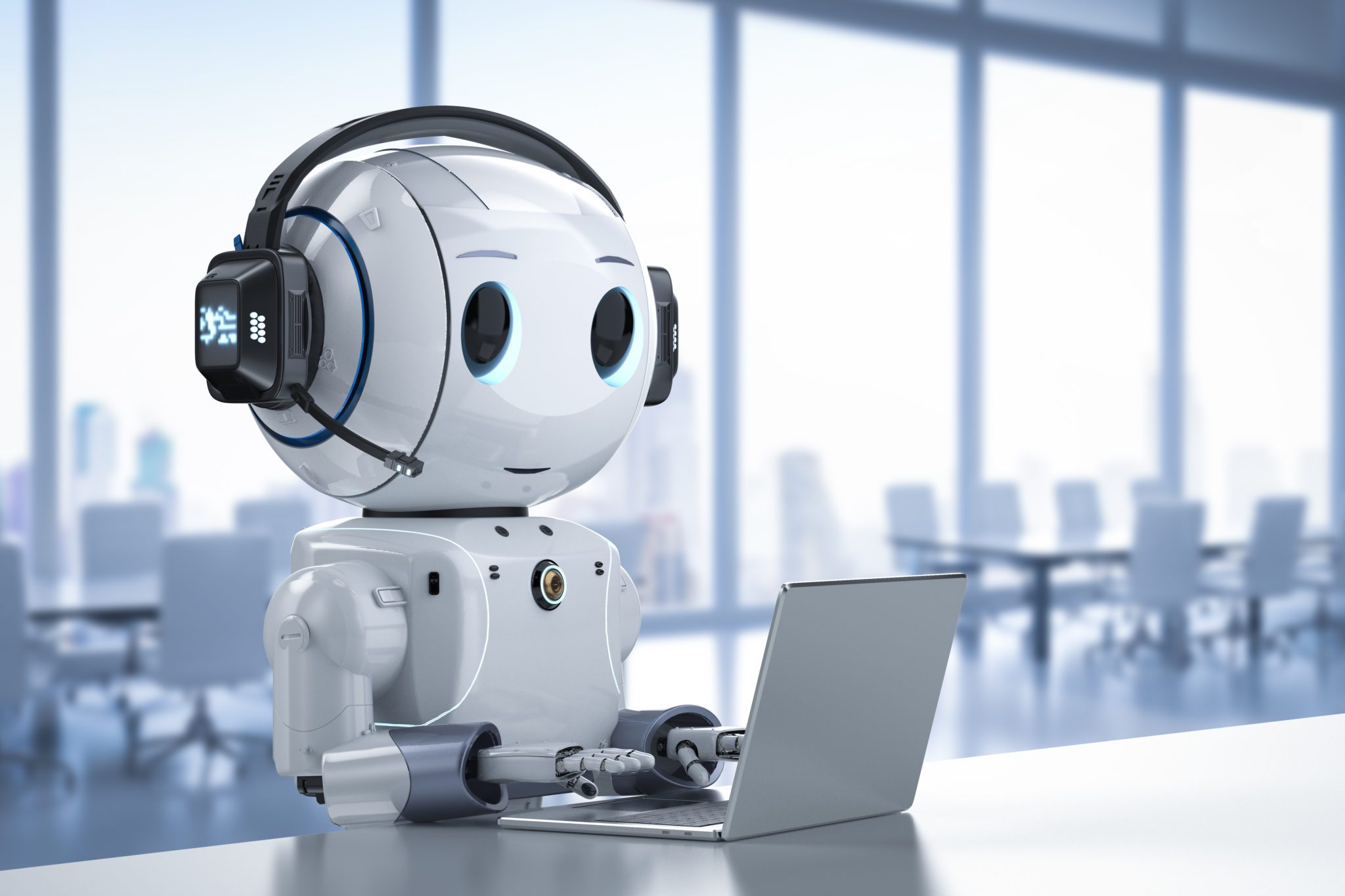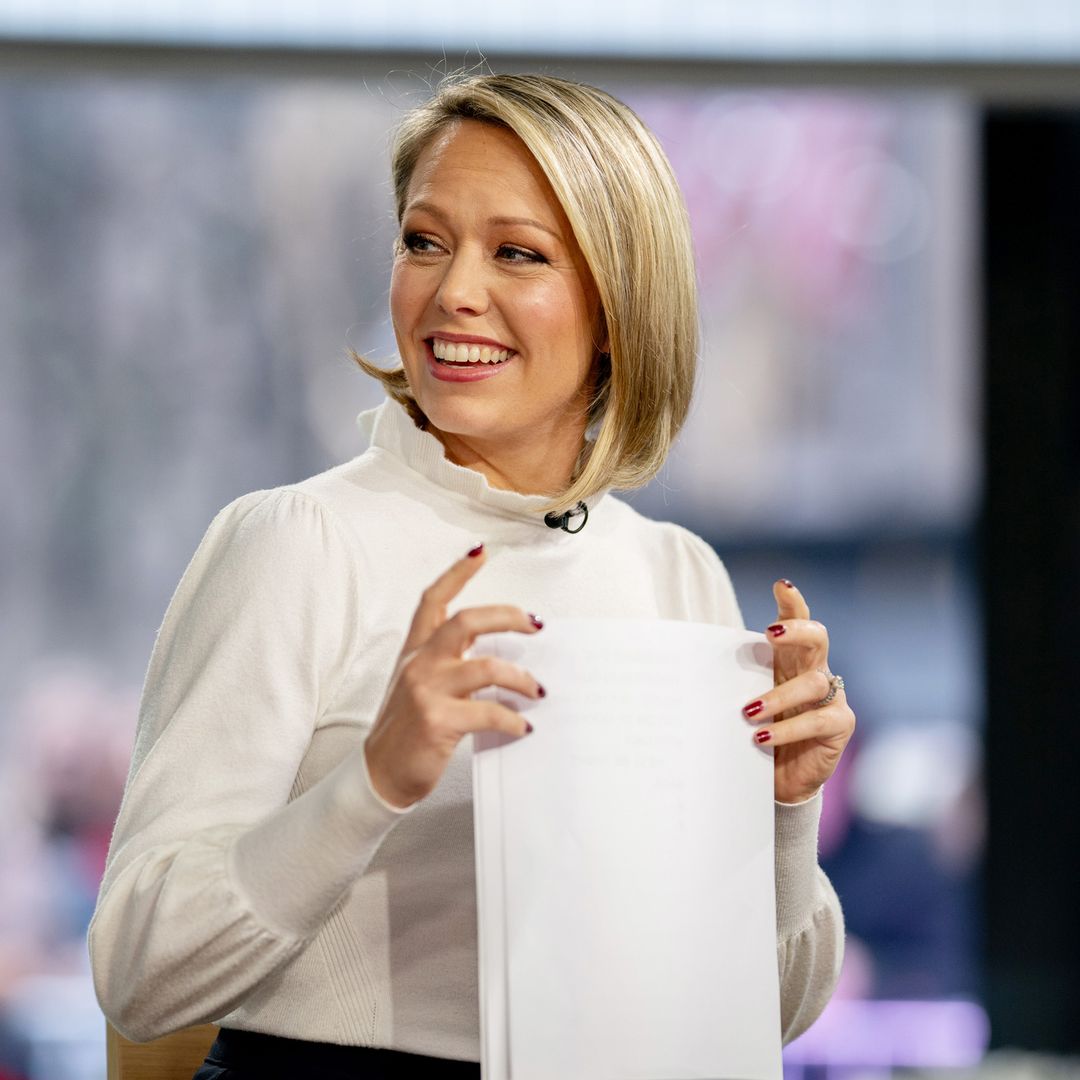Character AI's Chatbots: Free Speech Rights And Legal Challenges

Table of Contents
Character AI's Functionality and Potential for Misuse
Character AI chatbots utilize advanced machine learning models to generate human-like text. They are trained on massive datasets of text and code, allowing them to mimic different writing styles, tones, and even personas. This impressive functionality, however, brings significant potential for misuse.
-
Ability to mimic different writing styles and personas: This allows users to create convincingly realistic fake accounts, spread disinformation, or impersonate public figures for malicious purposes. The ability to convincingly imitate a specific individual’s writing style is a particular concern.
-
Potential for generating hate speech, misinformation, and harmful content: The AI’s ability to generate text based on patterns in its training data means it can inadvertently or intentionally produce offensive, biased, or factually incorrect content. This raises serious ethical and legal concerns regarding the spread of harmful ideologies and the potential for real-world harm.
-
Ease of access and use, broadening the potential reach of harmful content: The user-friendly interface of Character AI's platform makes it easy for anyone to access and utilize these powerful tools, even those intending to use them for malicious purposes. This broad accessibility greatly increases the potential reach of harmful AI-generated content.
The implications of this accessibility are profound. The ease with which users can generate and disseminate harmful content poses a significant challenge to online safety and requires careful consideration of appropriate safeguards and regulations.
Free Speech Principles and AI Chatbots
Applying existing free speech laws and principles to AI-generated content presents a significant hurdle. Laws like Section 230 in the US, which protects online platforms from liability for user-generated content, were not designed with AI in mind. Do these laws adequately protect platforms like Character AI from liability for content generated by their systems? The answer is far from clear.
-
Are AI chatbots considered "speakers" under existing legal frameworks? This is a fundamental question with no easy answer. If an AI is not considered a "speaker," who is responsible for the content it generates? The developer? The user? This ambiguity creates legal uncertainty.
-
The role of intent in determining legal liability: Establishing intent is crucial in many legal contexts. However, with AI, the concept of "intent" becomes blurred. Is the AI itself responsible, or is the liability placed on the developers who created it or the users who prompt it? This requires a nuanced understanding of the AI’s capabilities and limitations.
-
The difficulty in regulating AI-generated content given its dynamic and unpredictable nature: The ever-evolving nature of AI models makes regulation particularly challenging. Attempts to control AI-generated content may be quickly bypassed by advances in AI technology. This necessitates a flexible and adaptive approach to regulation.
The complexities of applying established legal frameworks to this novel technology highlight the need for a more comprehensive and forward-thinking legal approach.
Content Moderation and the Role of Character AI
Character AI faces significant challenges in moderating user interactions and the generated content. The sheer volume of user interactions makes real-time human moderation impractical.
-
The scalability of content moderation for a large and active user base: Character AI's popularity necessitates effective and scalable methods for content moderation. This requires significant investment in technology and personnel.
-
The potential for bias in algorithms used for content moderation: Algorithms used for content moderation can inadvertently reflect and amplify existing societal biases. This requires careful attention to algorithm design and ongoing monitoring.
-
The trade-off between freedom of expression and the prevention of harmful content: Balancing free speech with the need to prevent the dissemination of hate speech, misinformation, and other harmful content presents a constant challenge. Finding this balance requires careful consideration and a commitment to transparency.
The practical limitations of automated content moderation emphasize the need for a multi-pronged approach incorporating both automated tools and human oversight.
Legal Precedents and Emerging Case Law
While there is currently limited case law directly addressing AI-generated content and its legal implications, the landscape is rapidly evolving.
-
Examples of lawsuits concerning AI-generated content: While specific cases concerning Character AI are currently lacking, lawsuits involving other AI technologies are setting precedents that will inevitably impact the future of AI regulation.
-
Emerging legal frameworks and proposed regulations for AI: Governments worldwide are beginning to develop frameworks for the regulation of AI, though these regulations are still in their early stages and lack uniformity.
-
International legal variations in approaches to AI regulation: The international legal landscape is fragmented, with different jurisdictions adopting diverse approaches to AI regulation. This lack of harmonization poses challenges for global businesses operating in this space.
These emerging legal developments and ongoing discussions will significantly shape the future regulatory environment for AI chatbots like those offered by Character AI.
The Future of Legal Challenges for Character AI and Similar Platforms
The future will undoubtedly bring increased legal scrutiny for Character AI and similar platforms.
-
The potential for increased legal scrutiny as AI technology advances: As AI capabilities continue to improve, the potential for misuse will also increase, leading to increased legal challenges.
-
The role of government regulation in shaping the development and use of AI chatbots: Government intervention will likely play a significant role in shaping the future development and deployment of AI chatbots.
-
The need for collaborative efforts between developers, legal experts, and policymakers: A collaborative approach is essential to navigate the legal and ethical complexities associated with AI chatbot technology. Open dialogue and shared responsibility are crucial for fostering responsible innovation.
Proactive strategies are vital for Character AI and similar companies to effectively address these emerging challenges and ensure a sustainable future for AI chatbot development.
Conclusion
Character AI chatbots present a fascinating and complex challenge to existing legal frameworks concerning free speech. The potential for misuse, coupled with the inherent difficulties in regulating AI-generated content, demands a nuanced and ongoing discussion. Navigating the intersection of free speech, technological innovation, and legal responsibility requires collaboration between developers like Character AI, legal experts, and policymakers to establish clear guidelines and responsible practices. The future of Character AI and similar platforms hinges on proactively addressing these legal challenges and fostering a balanced approach to innovation and regulation. Understanding the legal complexities surrounding Character AI chatbots, including their potential for misuse and the evolving legal landscape, is crucial for both users and developers. Staying informed about the latest legal developments and best practices for responsible AI development is essential for navigating this complex field.

Featured Posts
-
 Samsonova Ustupaet Aleksandrovoy V Shtutgarte Itogi Pervogo Kruga
May 23, 2025
Samsonova Ustupaet Aleksandrovoy V Shtutgarte Itogi Pervogo Kruga
May 23, 2025 -
 Essen Uniklinikum Naehe Bewegendes Ereignis Ruehrt Zu Traenen
May 23, 2025
Essen Uniklinikum Naehe Bewegendes Ereignis Ruehrt Zu Traenen
May 23, 2025 -
 Muzarabanis Nine Wicket Haul Leads Zimbabwe To First Test Victory Over Bangladesh
May 23, 2025
Muzarabanis Nine Wicket Haul Leads Zimbabwe To First Test Victory Over Bangladesh
May 23, 2025 -
 Nyt Mini Crossword Puzzle Solutions March 13 2025
May 23, 2025
Nyt Mini Crossword Puzzle Solutions March 13 2025
May 23, 2025 -
 Dylan Dreyer Stuns Today Show Colleagues With Difficult News
May 23, 2025
Dylan Dreyer Stuns Today Show Colleagues With Difficult News
May 23, 2025
